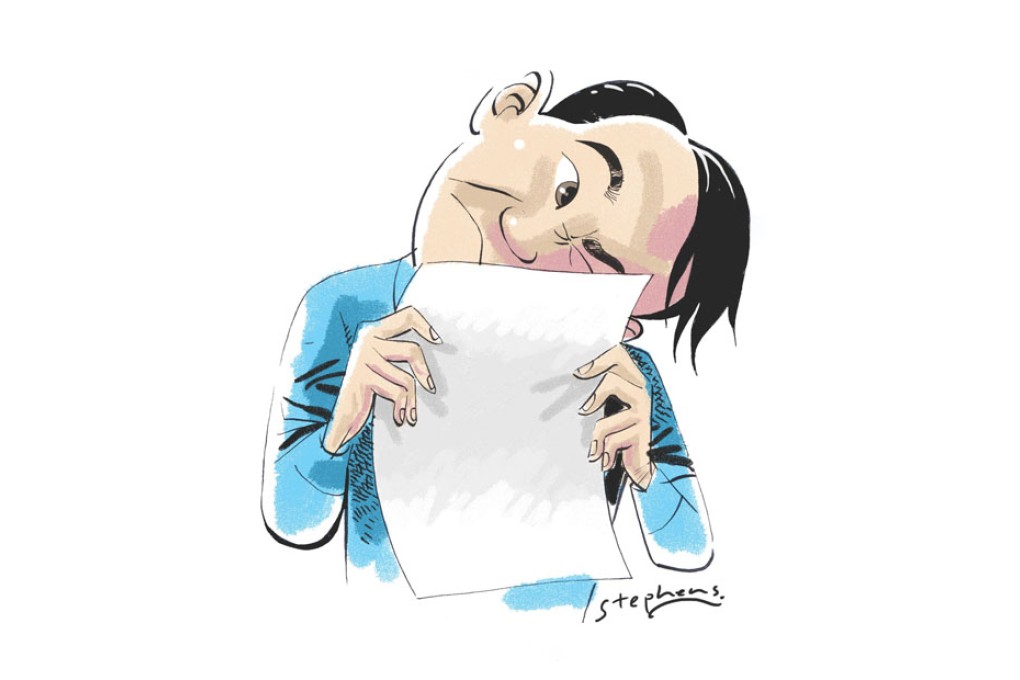White paper fails with its lopsided view of 'one country, two systems'
Simon Young says the main problem with the white paper on Hong Kong - a political, not legal document - is its failure to study the full facts of the practice of the policy

By running the State Council's recent white paper through anti-plagiarism software, one finds a similarity index of appropriately 29 per cent. This means that close to a third of the text (albeit mostly in small chunks) can be found in sources already in the software's database.
It confirms the common reaction that the document does not tell us much new.
The software's colourful report readily reveals the non-highlighted parts representing original writing, such as those concerning foreign affairs, defence and the central government's efforts to ensure the prosperity and development of Hong Kong. These parts are original and worth reading. The other parts, such as those concerning the Basic Law and governance, are all too familiar.
The point of this exercise was not to fail the report for plagiarism. Rather, it fails in another way, by not providing a complete description of the practice of "one country, two systems", warts and all. Its presentation is "lopsided", to borrow language from the paper. It overemphasises progress measured in terms of financial figures and shows no awareness or insight into the degree of social discontent and division within Hong Kong.
The most obvious shortcoming is its failure to confront the serious governance problems that have persisted and grown worse since 1997. One finds sugar-coated phrases like, the Hong Kong government "worked hard and overcame difficulties" and "promoted the development of all undertakings and made new achievements one after another".
There is no mention of the incompetence of the first administration, which ended with the chief executive resigning in the midst of low public and later low central support. And there's no mention of the integrity problems with the second administration. One has to think hard to identify those key officials said in the paper to have been "dismissed" by the central government, but perhaps this included the few who resigned.
It shows no insight into how the current administration, with its low public support and high public distrust, is going to achieve political reform. The use of the interesting phrase "defusing risks" is not applied to the ever-increasing street protests including Occupy Central, which seems likely to lead to hundreds of thousands in the street if the authorities crack down on the protesters.